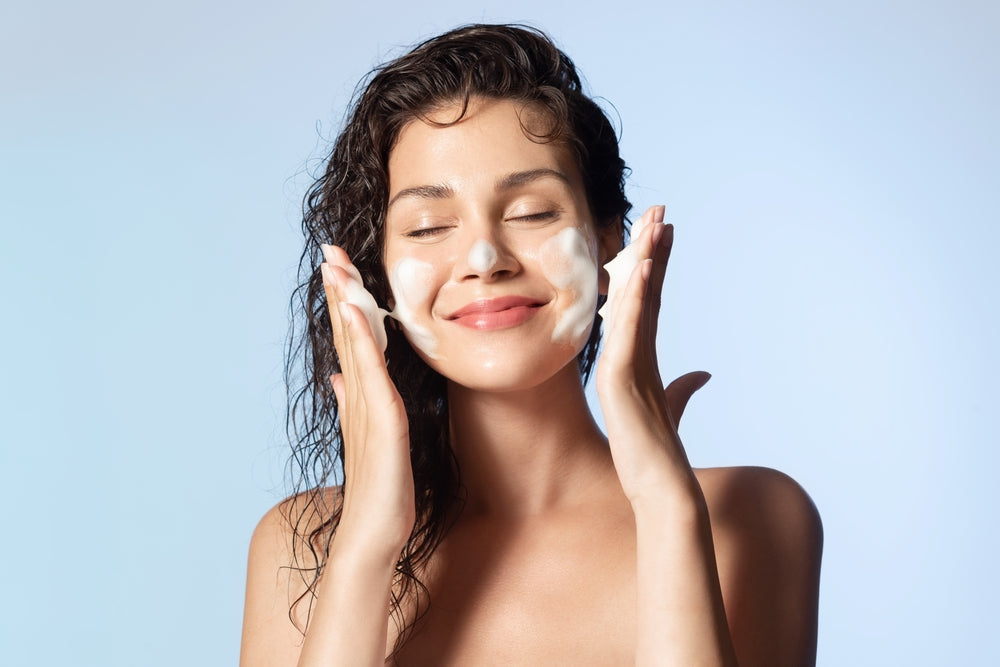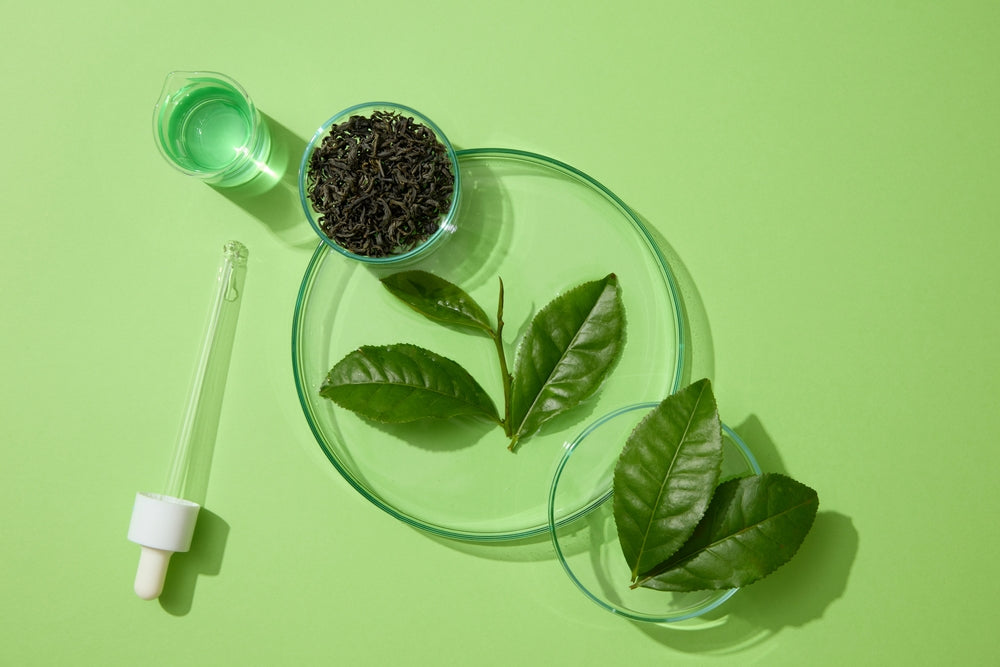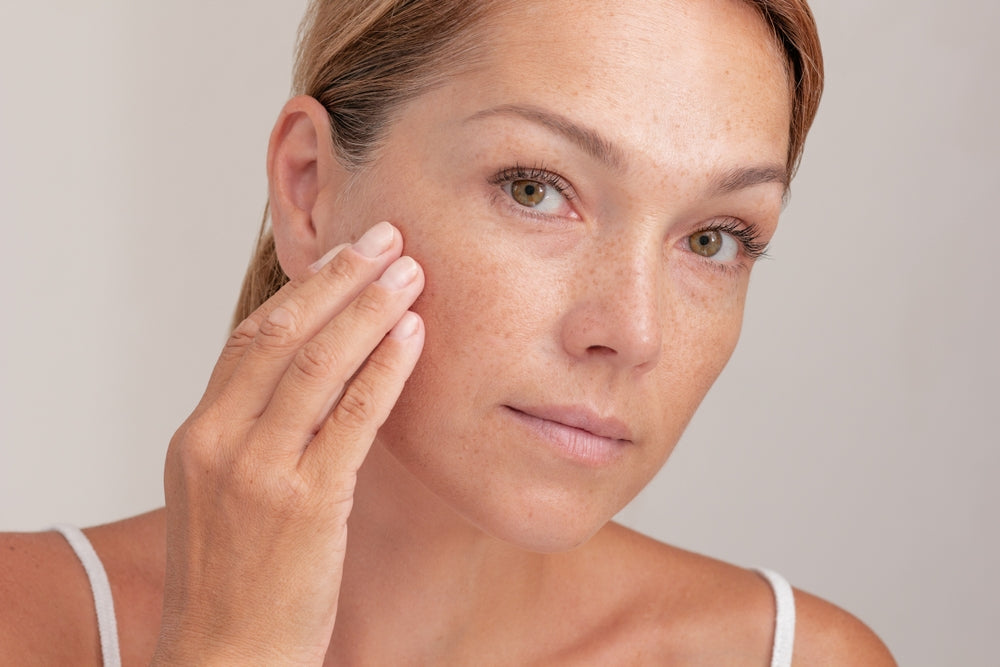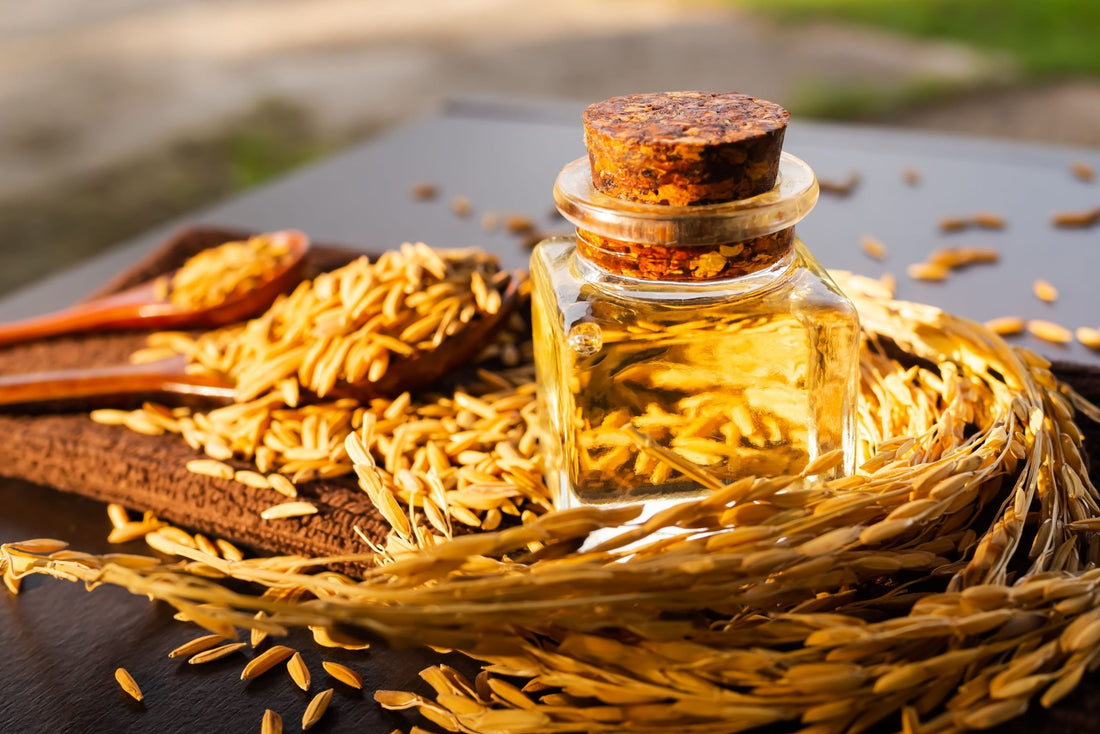What Are Cleansers?
Facial cleansers are skincare products that are specially formulated with ingredients that benefit a variety of skin types and needs. Well-made cleansers help clean excess oil and dirt, remove makeup, and help the skin appear moisturized.
Foaming Cleansers
Foaming cleansers contain a foaming agent, called surfactants, which causes them to become bubbly when mixed with water. The foaming particles help lift dirt away from the skin.
In the past, surfactants in cleansers contained sulfates like sodium lauryl sulfate (SLS). This cleansing agent was good at producing a lather, but at the cost of being very drying on the skin and irritating. The skincare industry started limiting or removing sulfate-based cleansing agents from products. Now, most facial cleansers contain other plant-based, natural, and less irritating surfactants that still foam, but are less harsh on the skin.
What Skin Type Are They Good For?
Foaming cleansers are generally ideal for oily and acne-prone skin. This is because foaming cleansers are great at helping against excess oil or sebum. They work well at cleansing makeup, sunscreen, and other debris. For best results, do a double cleanse at night to prepare your skin for active ingredients in serums and moisturizers.
Gel Cleansers
Gel cleansers may have a different texture than other foaming cleansers. Depending on the cleanser, they are usually thicker and provide a small (if any) amount of foaming. They provide a lighter cleansing experience, which makes them ideal for sensitive skin types. They are often water-based and usually have mild ingredients.
What Skin Type Are They Good For?
Gel cleansers are great for sensitive skin and skin that tends to become dry after being cleansed. They are less likely to dry your skin out and can help you maintain moisture throughout the day.
Other Types of Cleansers
There are also other formulations of cleansers for different skin types and concerns, including:
-
Cream: Cream cleansers are thicker than other cleansers and include moisturizing ingredients like apricot kernel oil and rice bran oil. They are a great option for dry, sensitive, or mature skin.
-
Oil: Oil cleansers are good for almost all skin types and can be especially effective for oily skin. They remove makeup and dirt while gently cleansing and moisturizing the skin.
How to Properly Cleanse Your Skin
While there are many ways that you can cleanse the skin, there are generally a few steps to follow for proper cleansing. A double-cleanse is usually recommended for the nighttime to get as much debris off the skin as possible before applying your nighttime skincare products. It is important to do a thorough routine at night because skin is known to be more receptive to nutrients as it undergoes its natural repair process while you sleep.
First, use an oil cleanser to dissolve makeup and sunscreen. Massage a small amount onto skin and rinse with water or remove with a washcloth. Next, you can wash your face with your preferred foaming gel cleanser. Apply a small amount of your cleanser into your hands and combine it with lukewarm water. Work the cleanser into a lather and gently massage it onto your skin for about 1-2 minutes. Next, rinse off the cleanser with more water and pat your skin dry. All skin types should cleanse both morning and night.
The Importance of High Quality Ingredients
When it comes to your skincare routine, the quality of the ingredients you use can make a big difference. High-quality ingredients are often known for being effective, stable, and gentle, which can help support the skin’s overall health. Ingredients such as plant-based extracts, antioxidants, and naturally derived active ingredients are commonly used in products because they are known for their nourishing properties. Choosing skincare products made with high-quality ingredients is a thoughtful way to care for your skin and maintain an effective routine.
How to Determine Your Skin Type
So, how do you know which type of cleanser is right for you? The first step is to determine your skin type. There are two main tests you can use to find out.
The first method is called the bare-faced method. Begin by cleansing your face and patting it dry. Then, leave your skin bare for the next 30 minutes without moisturizing. After this time has passed, closely examine your skin for any shininess or oil. Repeat this process once more and then examine your face again. If your face is still oily after the second time, you most likely have oily skin. If your face feels dry or tight, you probably have dry skin.
The second method is called the blotting sheet method. Gently pat a blotting sheet onto different areas of your face and check to see how much oil the sheet absorbs. If the sheet is full of oil, you probably have oily skin. If there is little to no oil, you may have dry skin. However, if you pick up oil in certain areas and not others, you may have combination skin.
Epicuren Cleansers
Herbal Cleanser
The Herbal Cleanser is a gentle foaming cleanser made with a blend of plant extracts, probiotics, and moisturizing ingredients. It contains glycerin, a humectant that helps attract and retain moisture, and white oak bark extract, known for its natural astringent properties. Seaweed extract is rich in amino acids and minerals that support a smooth appearance.
Clarify Cleanser
The Clarify Cleanser is a mild exfoliating gel cleanser formulated with beneficial ingredients. It contains aloe vera, which is known for its hydrating and antioxidant properties, and zinc PCA, to help minimize excess oil and support a clear appearance. Willow bark extract, a natural source related to salicylic acid, helps with the appearance of acne-prone skin, while salicylic acid, a beta-hydroxy acid (BHA), works to loosen buildup in pores due to its oil-soluble and exfoliating properties.
Which Should You Use?
Overall, the best way to determine the right cleanser for you is to consider your skin type and any skin conditions you may have. Those with oily skin can benefit from different cleansers than those with dry or combination skin. Also, be sure to pair your cleanser with a moisturizer and sunscreen for a well-rounded skincare routine.
Take Our Skin Quiz
At Epicuren, we offer a large selection of different facial cleansers and washes for various skin types. Browse our collection or get tailored product advice for your skin type and concern by taking our Skin Quiz today.
Frequently Asked Questions about Cleansers
Is gel cleanser better than foam?
One cleanser is not better than the other. Overall, different skin types can benefit from different cleansers. If you have oily skin, you may benefit from a foam cleanser, while those with sensitive skin may benefit from a gel cleanser.
What is the difference between cleansing gel and cleansing foam?
Cleansing gels and foams are formulated similarly. Both are ideal for gently cleansing the skin. Especially when they are made with gentle surfactants that cleanse dirt and debris without overdrying. They differentiate based on their active ingredients. For oily skin, look for ingredients like salicylic acid. For normal to combination skin, you may want to choose a cleanser with probiotics and humectants.
Is foaming face wash and cleanser the same?
Yes, a foaming face cleanser and wash are generally the same thing. The important thing is to know how the product is formulated and what active ingredients it includes. This will help you determine which one to choose.
Is foam or gel cleanser better for oily skin?
Both types of cleansers are good for oily skin. Talk to a skin specialist to get guidance on which one would be best for your skin type.
--





